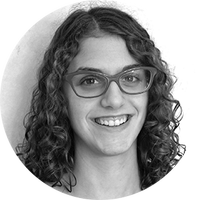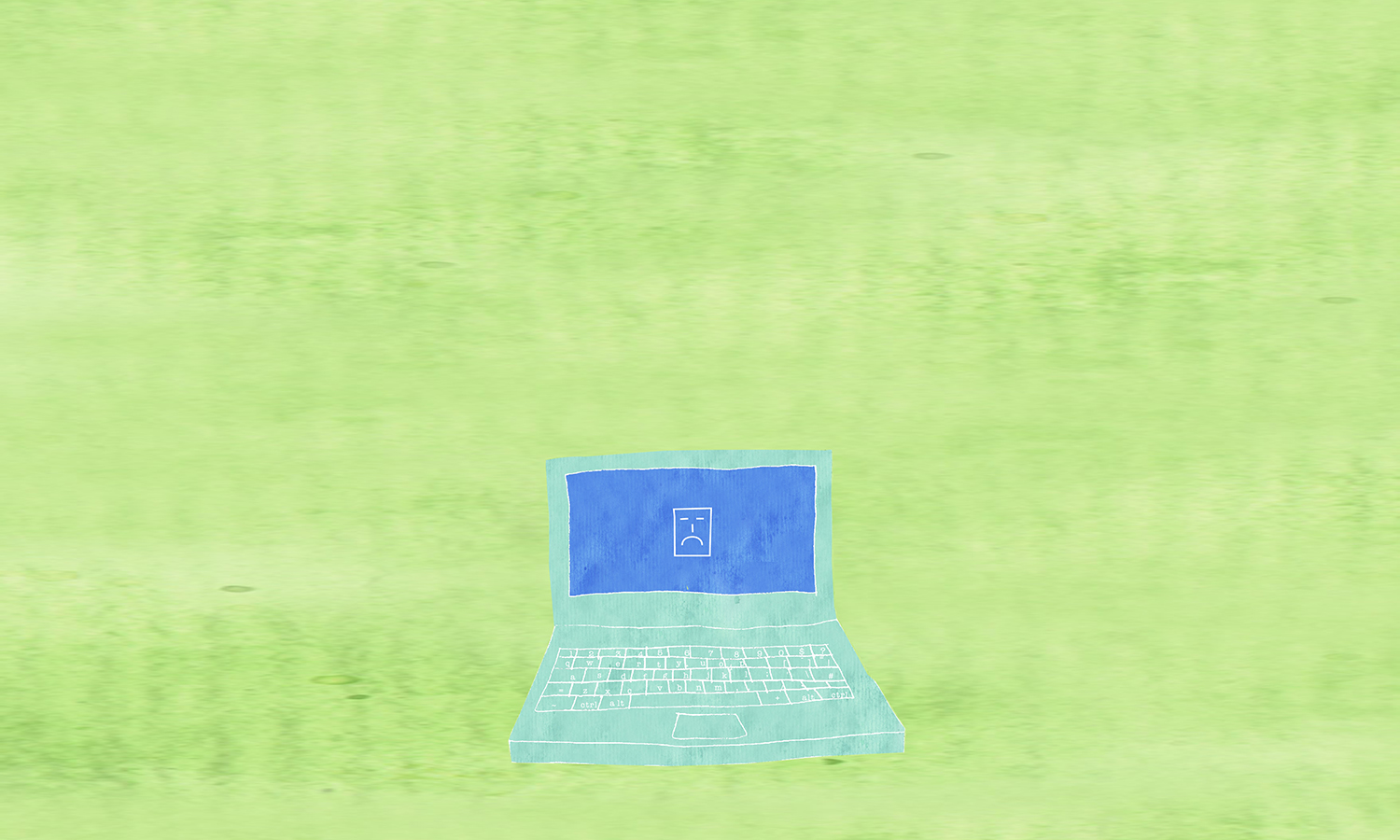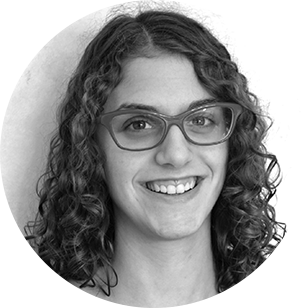Innovating the way we grieve
Webcasting funerals, touching dead bodies, and more


A free daily email with the biggest news stories of the day – and the best features from TheWeek.com
You are now subscribed
Your newsletter sign-up was successful
Walker Posey's family has been in the funeral business since 1879. For most of that time, Posey Funeral Directors in North Augusta, South Carolina, was strictly a brick-and-mortar enterprise. But in recent years, Posey has helped get the family business online — despite initial resistance from his father.
"We've come from the horse and carriage days to the days of webcasting funerals," said Posey, who also serves as a spokesman for the National Funeral Directors Association and as a consultant for funeralOne, a company that offers technological services to funeral homes.
His father's initial resistance to embracing innovation in an industry that's remained largely unchanged since the Civil War isn't uncommon, though Posey said he thinks his colleagues are finally coming around. They're realizing, he suggested, that innovation in death care stands to bring people closer to death and the grieving process, not push them further away.
The Week
Escape your echo chamber. Get the facts behind the news, plus analysis from multiple perspectives.

Sign up for The Week's Free Newsletters
From our morning news briefing to a weekly Good News Newsletter, get the best of The Week delivered directly to your inbox.
From our morning news briefing to a weekly Good News Newsletter, get the best of The Week delivered directly to your inbox.
The nature of grief is transforming. Neither embalming bodies for burial nor cremating them is all that environmentally friendly. And, as more and more people move to cities, cemeteries are often far out of the way from their homes, creating a physical barrier to mourning. The percentage of Americans that choose burial over cremation is projected to keep falling, according to the NFDA.
And so, with more physical distance between mourners and their loved ones, the grieving process is increasingly going online, thanks to tools like Facebook memorial pages, online guestbooks, and funeral service livestreams. Even some cemeteries are going high-tech. For instance, geotagged, interactive headstones can make it easier to find burial places of loved ones and easily call up more information about their lives.
But innovation isn't always high-tech. Look at the example of Caitlin Doughty, an advocate for funeral reform who runs the web series Ask a Mortician and started Undertaking LA, a funeral home that encourages people to handle the bodies of their loved ones as a way of getting closer to death and grief. (Despite common misconceptions, handling bodies is legal and typically safe, as Doughty and other advocates are quick to point out.)
Through Undertaking LA, she assists in consulting on and arranging home funerals, green burials, and cremations open to witnesses. It's all geared toward giving people an up-close-and-personal experience with death that she feels helps people better accept mortality and say goodbye. "They want to feel like they're still part of a person's life and their death."
A free daily email with the biggest news stories of the day – and the best features from TheWeek.com
"I guess you could call it innovation in the sense that there aren't a lot of other funeral homes doing what we're doing," Doughty said.
One of Doughty's colleagues in the alternative death care movement, Katrina Spade, is behind the Urban Death Project, another green-friendly way of laying people to rest. Mourners would be able to help prepare the body for composting in a dedicated, public facility designed to have the same appeal and comfort of any other community center, like a library. Spade is shooting to open the first such facility in Seattle in 2020, with the hope that other cities globally will follow suit in taking an active, environmentally friendly role in caring for their dead.
"It just sounds so weirdly radical, and it should not sound like that," Spade said. "We live better lives, we treat others with more care and fairness if we're aware of our mortality. It really does matter that we're aware our time on Earth is short."
Minimalistic options are also, unsurprisingly, often cheaper than more traditional alternatives, in part because they tend to require fewer materials and less preparation. The Urban Death Project and Undertaking LA both take a nonprofit approach, aiming to offer services on a sliding scale for low-income clients, which should work to counter the common but controversial perception that funeral directors are just out for money from vulnerable people.
Technology isn't necessarily at odds with an approach like Spade's, Doughty's, or any of the growing voices in alternative death care that advocate a closeness and a simplicity to funerals. Ultimately, how to go about grieving is a personal choice, and Doughty said she sees no inherent issue with technology's role in that process if mourners find it helpful.
"Certainly there's no way to turn back the clock on death technology, and it's only going to continue to grow," Doughty said. "I don't even have a problem with selfies at funerals, and we don't get to police that. We don't get to say it's not what we would've done 20 years ago, and so that's bad."
Julie Kliegman is a freelance writer based in New York. Her work has appeared in BuzzFeed, Vox, Mental Floss, Paste, the Tampa Bay Times and PolitiFact. Her cats can do somersaults.
-
 Heated Rivalry, Bridgerton and why sex still sells on TV
Heated Rivalry, Bridgerton and why sex still sells on TVTalking Point Gen Z – often stereotyped as prudish and puritanical – are attracted to authenticity
-
 Sean Bean brings ‘charisma’ and warmth to Get Birding
Sean Bean brings ‘charisma’ and warmth to Get BirdingThe Week Recommends Surprise new host of RSPB’s birdwatching podcast is a hit
-
 Film reviews: ‘Send Help’ and ‘Private Life’
Film reviews: ‘Send Help’ and ‘Private Life’Feature An office doormat is stranded alone with her awful boss and a frazzled therapist turns amateur murder investigator
